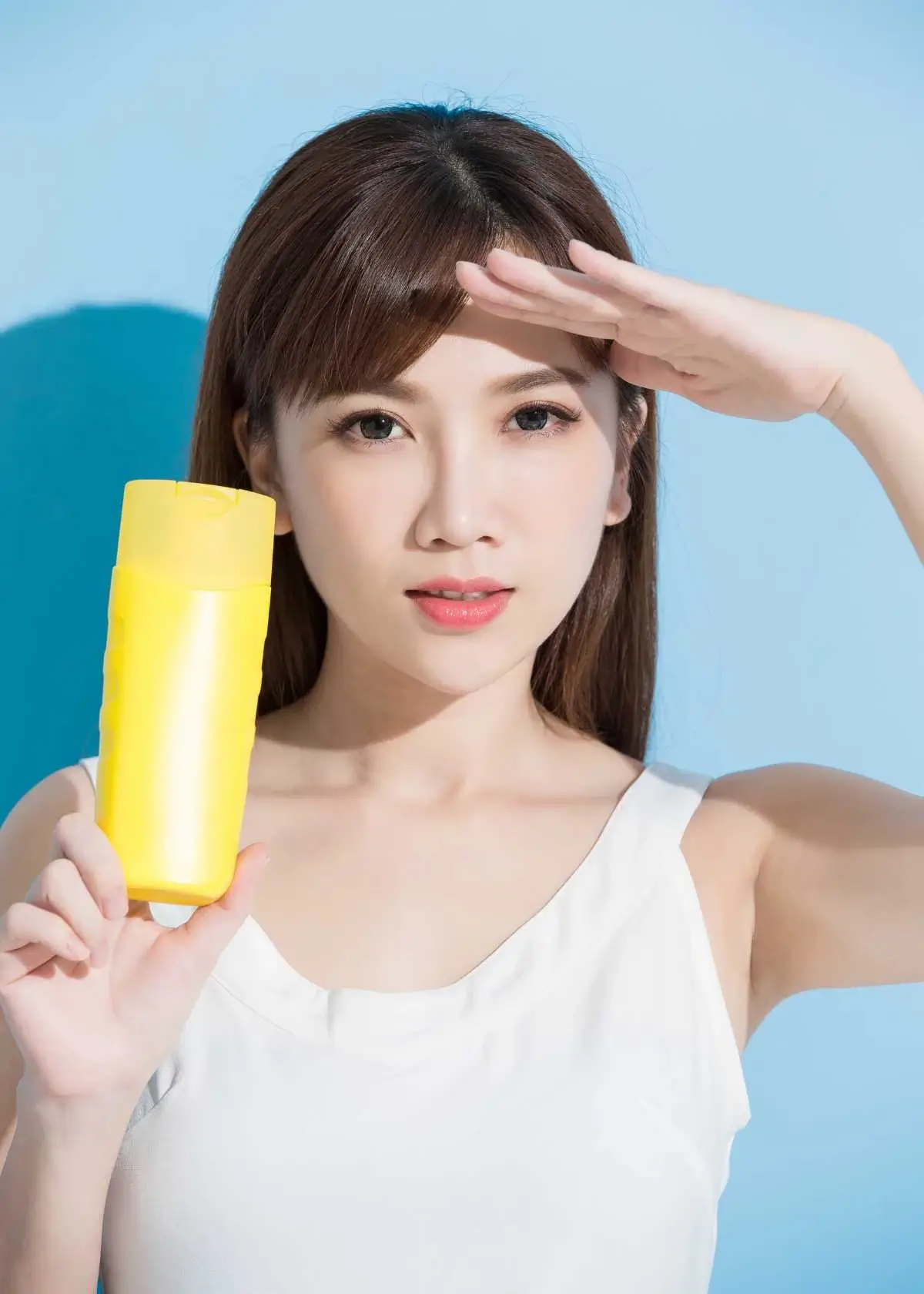The Rising Sunscreen: Why Japanese Sunscreens Lead the Market
Welcome, sun-worshippers and shade-seekers alike! We're about to embark on a journey eastward to the land of the rising sun - Japan. Known for its technologically advanced products, intricate craftsmanship, and a culture that blends tradition with innovation, Japan is also a trailblazer when it comes to skincare - and their sunscreens are no exception. In fact, they're sort of the Sushi Master of the sunscreen world.
You might ask yourself, "What's the big deal? Sunscreen is sunscreen, right?" Well, not quite. While most western sunscreens are often, how shall we put it, as thick and greasy as a fast-food cheeseburger, Japanese sunscreens are more like a finely rolled sushi - lightweight, easily absorbed, and offering comprehensive protection. It's like an invisible silk kimono for your skin, protecting it from the sun's wrath.
But what makes them stand out in the global sunscreen bazaar? Well, it's like a Japanese zen garden, where every element plays its part harmoniously. In the case of Japanese sunscreens, they are known for their superior formulations that not only shield against both UVA (the "A" could stand for "Aging") and UVB (think "B" for "Burning") rays but also sit comfortably on the skin without leaving a Casper-the-ghost-like white cast.
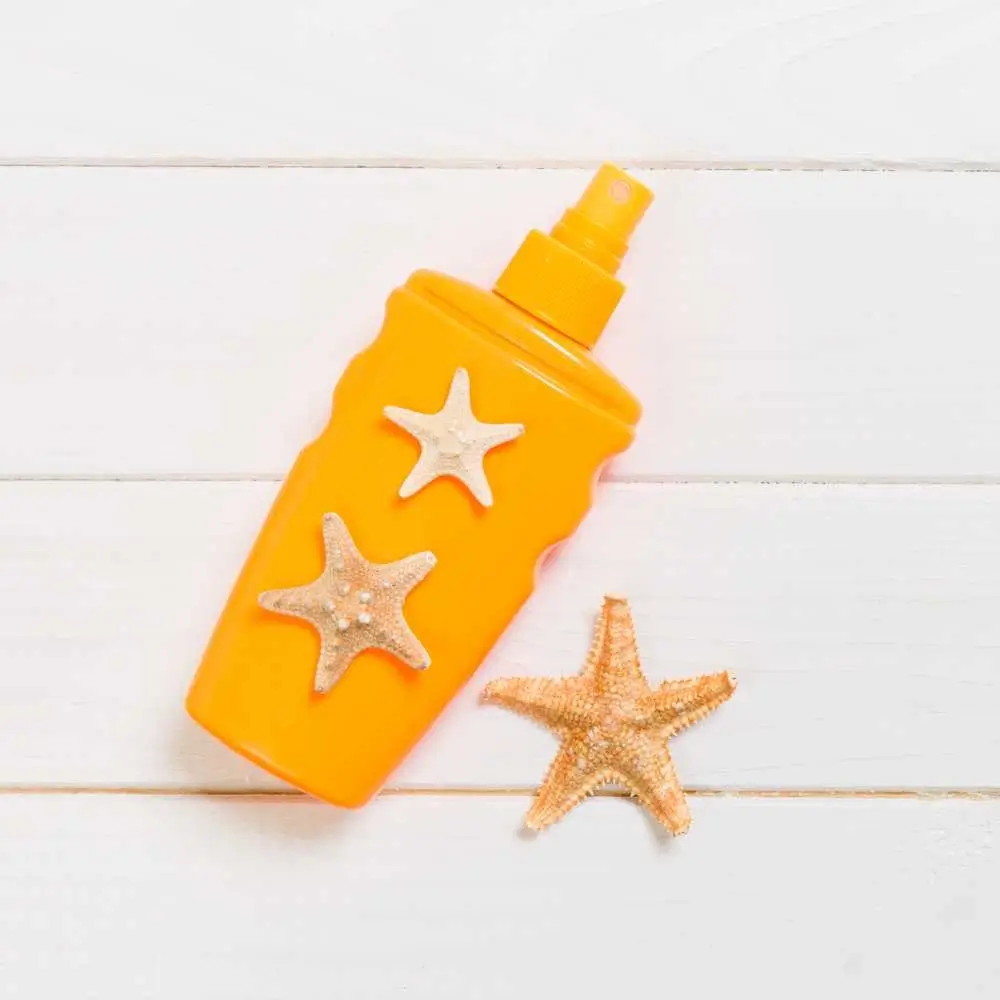
In addition to this, they utilize cutting-edge technology and unique ingredients, such as hyaluronic acid for hydration or the antioxidant-rich Astaxanthin. So, while you're blocking out those harmful rays, your skin is also being nourished and pampered, like a Shiba Inu at a luxury pet spa.
That's why Japanese sunscreens are leading the market. It's not just about sun protection; it's a holistic skincare approach. And with their variety of formulations, there's a perfect match for every skin type, whether you're as oily as a tempura or as dry as a sake cup in an all-night Karaoke bar. Stay tuned to discover how to choose the best Japanese sunscreen for your skin's unique needs and preferences.
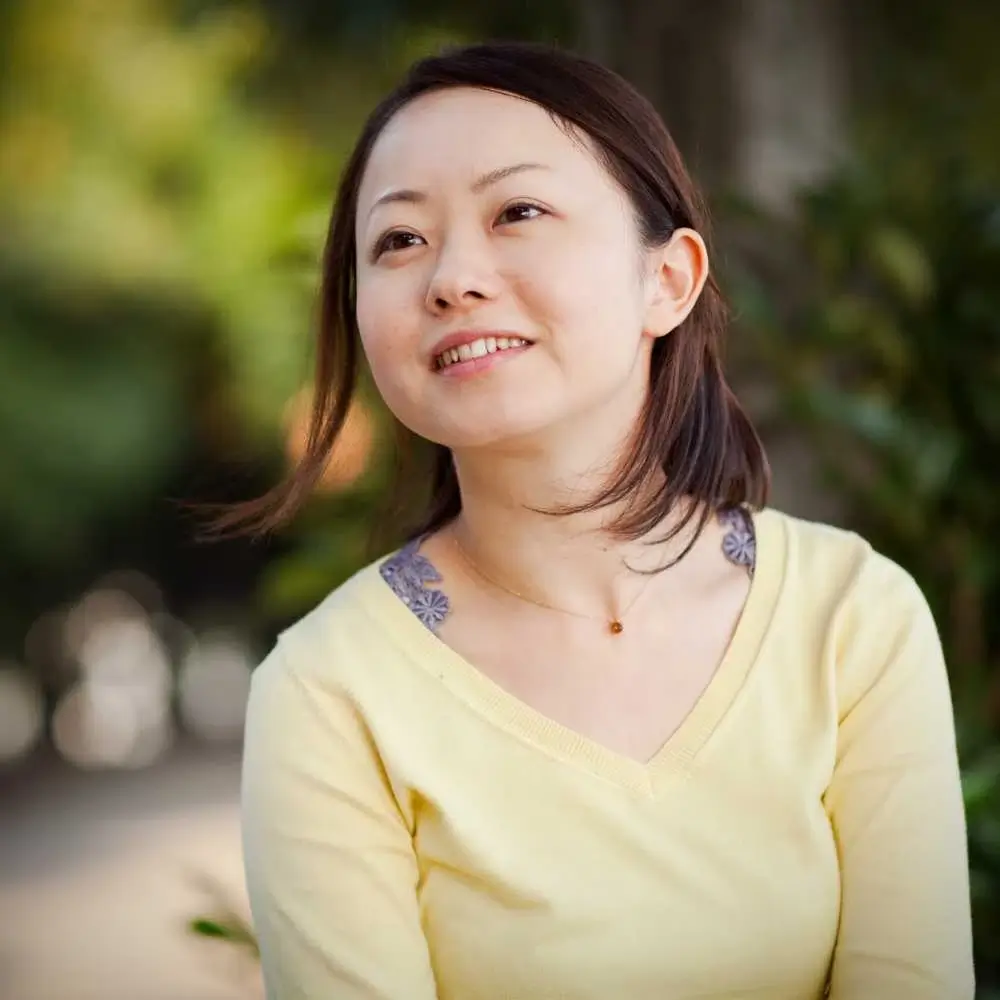
Things to Consider Before Buying Japanese Sunscreen
Sunscreen is like sushi. The finest sushi chefs in Japan wouldn't dare to serve the same sushi to every customer. In the same way, not every sunscreen will suit every person. Here's what you need to consider before buying your bottle of liquid sun protection:
Skin Type and Sensitivities
In the land of sushi and samurai, skincare is not a one-size-fits-all kind of deal. Just as you wouldn't feed a wasabi-laden sushi roll to someone with a spicy-food sensitivity, you shouldn't pick a sunscreen without considering your skin type and any potential sensitivities.
Those with dry skin should look for formulations with hydrating components, like hyaluronic acid. If you have oily skin, go for non-comedogenic options that won't clog your pores. And, for sensitive skin souls, sunscreens free of alcohol, fragrance, and parabens could be your best bet.
SPF and PA Ratings
If SPF and PA ratings are as confusing to you as trying to assemble furniture from a certain Swedish company, you're not alone. Here's the simple breakdown: SPF, or Sun Protection Factor, refers to the level of protection against UVB rays, those pesky skin burners. Meanwhile, the PA (Protection Grade of UVA) rating indicates the level of protection from UVA rays, the silent, skin-aging culprits.
Japanese sunscreens often have high SPF and PA ratings, offering top-tier protection against both UVA and UVB rays. For everyday use, SPF30 and PA+++ should suffice, but for extended outdoor activities, you might want to opt for SPF50+ and PA++++.

Ingredients to Look For
Reading a sunscreen's ingredient list might feel like you're back in your high school chemistry class, but some components are worth keeping an eye out for. Zinc Oxide and Titanium Dioxide are mineral-based ingredients that provide physical sun protection. Chemical filters like Octinoxate and Tinosorb S absorb harmful rays, turning them into harmless heat.
And then there are skincare superheroes like Hyaluronic Acid for hydration, and Niacinamide for skin brightening. So, when you're scanning those labels, keep an eye out for these skin-loving constituents.
Water and Sweat Resistance
In the world of sunscreens, water and sweat resistance is like having a black belt in karate - it signifies a high level of proficiency. Especially crucial if you're planning on swimming, or if you perspire like you're in a hot yoga class just by sitting in the sun, water and sweat resistance ensures your skin remains protected even when wet. Many Japanese sunscreens offer this feature, keeping you shielded from the sun's glare whether you're building sandcastles on the beach or climbing Mount Fuji.
Our List of the Top Products in This Category
1. Biore Uv Aqua Rich Watery Gel SPF50 + PA ++++
2. CANMAKE Mermaid Skin Gel UV
3. Kanebo ALLIE Extra UV Gel Sunscreen

How to Properly Apply Sunscreen
You wouldn't put on a Samurai armor piece by piece, only to forget the helmet, right? Same goes for sunscreen - applying it correctly is crucial. Here's your step-by-step guide to becoming a sunscreen-applying sensei:
- Quantity Matters: Aim for a cherry-sized dollop for your face. Remember, more is more when it comes to sunscreen.
- Rub it in, But Gentle: Use your fingers to distribute the sunscreen evenly across your face. Don’t forget your hairline and ears! Treat your skin like it's a precious silk kimono - be gentle.
- Give it Time: Like a good sushi roll, it needs time. Apply your sunscreen at least 15-30 minutes before stepping out into the sun. This gives the sunscreen time to fully bind to your skin.
- Reapply Like a Pro: The sun is relentless, so should be your application. Reapply every 2 hours and immediately after swimming, heavy sweating, or towel drying.
- Year-Round Protection: Sunscreen isn’t just for the beach or pool. Apply it all year round. UV radiation can still cause harm even on cloudy and rainy days.
The Dos and Don'ts of Sunscreen
Sunscreen usage is like learning to use chopsticks, it's all about the technique. Here are some crucial dos and don'ts when it comes to sunscreen:
Do:
- DO Apply Every Day: Yes, even if you're indoors. UV rays are sneaky little ninjas and can penetrate windows.
- DO Apply on All Exposed Skin: That means neck, chest, hands, and even the tops of your feet. They need protection too!
- DO Check the Expiry Date: Sunscreens have a shelf-life, just like sushi. Using them past their expiry date can compromise their efficiency.
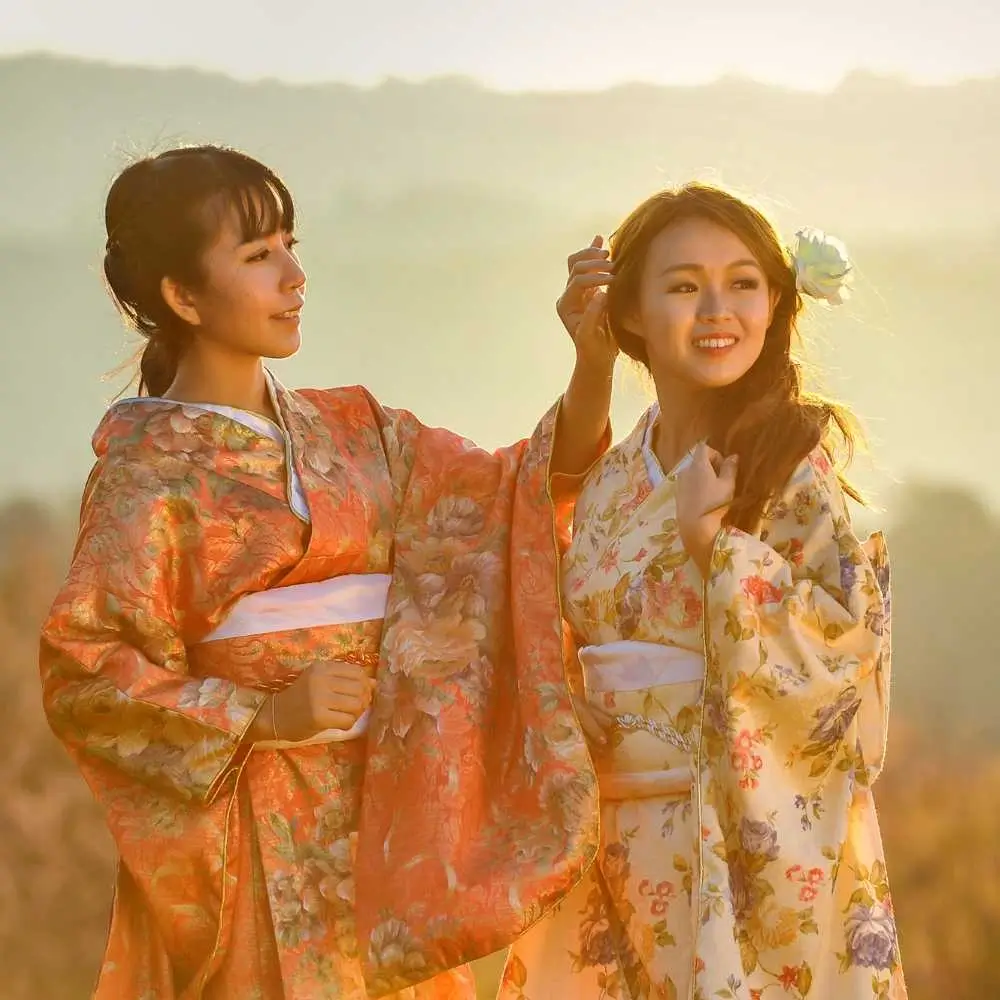
Don't:
- DON'T Rely on Makeup with SPF: It’s a nice bonus, but it's not a stand-in for sunscreen. It’s like having a sushi roll and expecting it to fill you up like a ramen bowl. It just won't cut it.
- DON'T Ignore Your Lips and Eyes: These areas are often forgotten but they're just as susceptible to sun damage. Use lip balm with SPF and wear sunglasses with UV protection.
- DON'T Forget to Store it Properly: Sunscreen doesn't like extreme heat, so keep your bottle in a cool, dry place, away from direct sunlight.
With these guidelines, you're all set to enjoy the benefits of the best Japanese sunscreens while ensuring your skin is properly protected.
Frequently Asked Questions About Japanese Sunscreen
Time to pop the lid off the sunscreen jar and spill the tea (or should we say, the SPF?). Here are the answers to some of your burning questions about Japanese sunscreen.
Can I use Japanese sunscreen if I have sensitive skin?
Yes, indeed! Many Japanese sunscreens are formulated with skin-loving ingredients and are free from potential irritants like alcohol and fragrances. But remember, skin sensitivity is like a sushi preference - highly individual. Always patch test a new product before slathering it all over your face.
How often should I reapply Japanese sunscreen?
Just like a beloved karaoke tune, you'll want to repeat your sunscreen application every two hours. If you're splashing around in water or sweating like a sumo wrestler, reapply immediately after drying off.

Are Japanese sunscreens better than Western ones?
Better is a relative term here. Imagine comparing a California roll with a traditional Edo-style sushi. Both have their strengths. Japanese sunscreens tend to be lightweight, absorb quickly, and offer high UVA and UVB protection. They're perfect for daily use under makeup. However, Western sunscreens can also offer good protection, especially the 'physical' or 'mineral' ones which some people prefer.
Where can I buy Japanese sunscreen?
With the world being a global village (or should we say, a global sushi bar?), you can find Japanese sunscreens online on various beauty and skincare retailers. Always buy from reputable sources to ensure authenticity.
Why does my Japanese sunscreen have a PA rating?
The PA rating is a system used in Asia to measure the level of UVA protection a sunscreen offers. More plus signs after the PA means more protection against those aging rays. So, PA++++ offers the highest UVA protection. It's like having a sushi chef's recommendation - it's a good thing.
Remember, as with any skincare product, individual experiences with Japanese sunscreens can vary. Always listen to your skin – it knows what it likes, whether that's a wasabi kick or a soothing matcha touch.
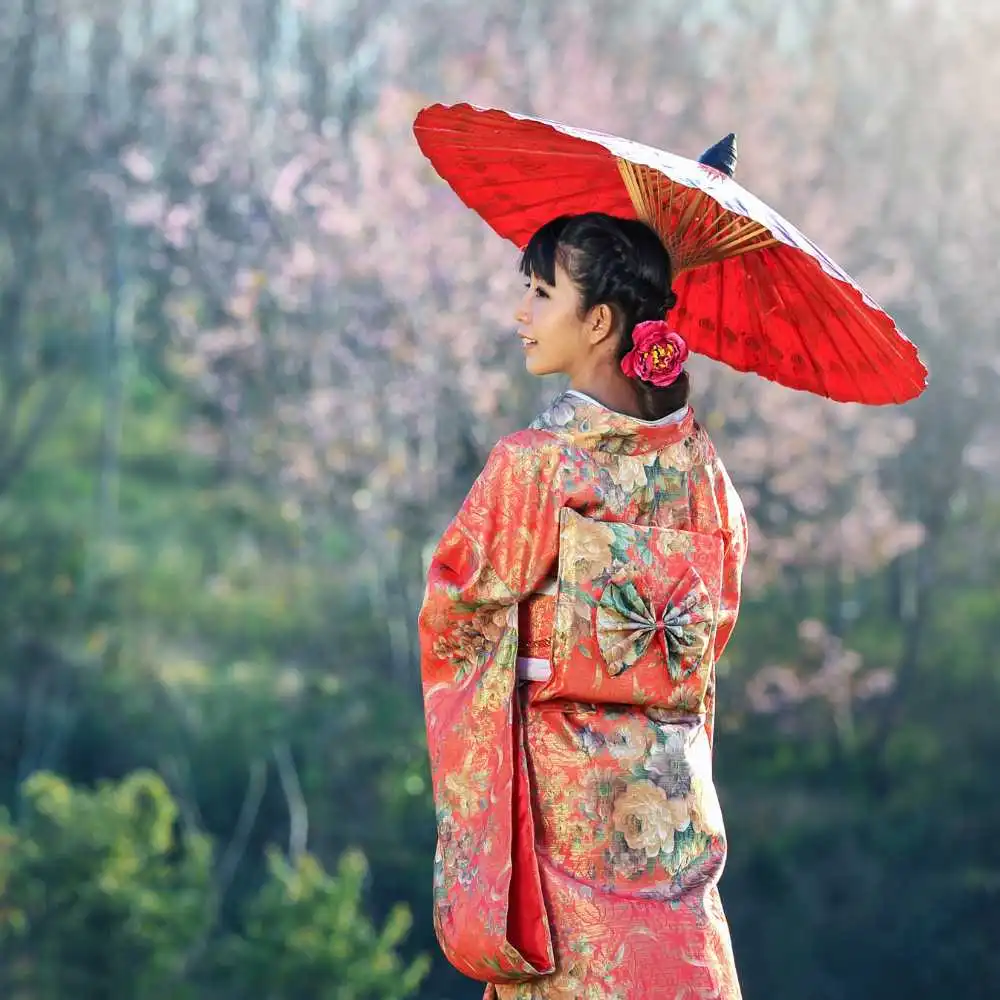
Conclusion
Well, there you have it, folks – your ultimate guide to the best Japanese sunscreens, served up just like a fresh platter of sushi, only less fishy and more… protective. From understanding why Japanese sunscreens are the rising stars of the skincare market to knowing how to use sunscreen like a pro, we've covered a lot of ground – or should we say, skin?
Japanese sunscreens stand tall (like Tokyo Tower) in the global sunscreen market because they're like a sumo wrestler – they pack a powerful punch. They offer superior protection, boast innovative formulations, and sit as comfortably on the skin as a fluffy futon. But, the best Japanese sunscreen is the one that suits your unique skin type and lifestyle, just like the perfect sushi roll is the one that satisfies your tastebuds.
So, go forth and venture into the realm of Japanese sunscreens. Keep in mind your skin type, any sensitivities, and your daily activities. Armed with this knowledge, you're all set to dive into the world of Japanese sunscreens, just like dipping a delicious maki roll into soy sauce. And remember, the key to good sun protection is consistency. After all, you wouldn't eat sushi once and then forget about it forever, would you?
So, here's to a future of radiant, sun-protected skin! Sayonara, sun damage – it's time for some serious solar defense, the Japanese way.

